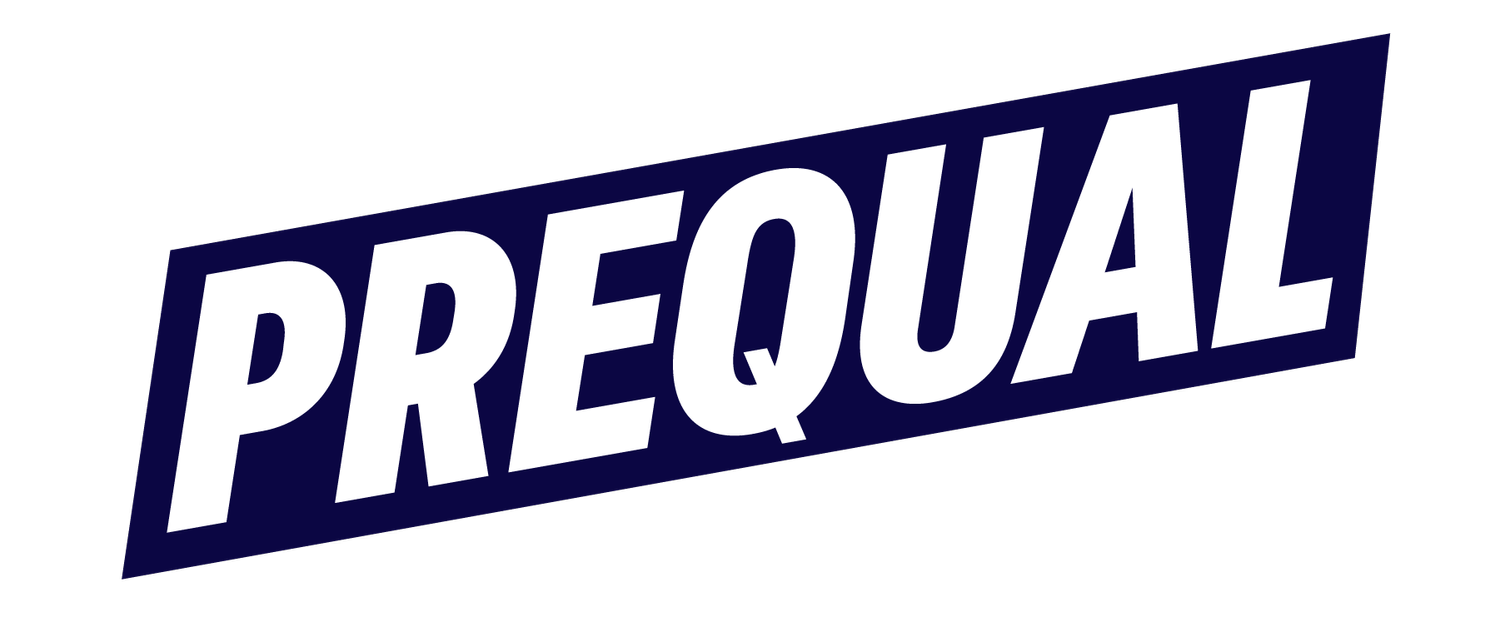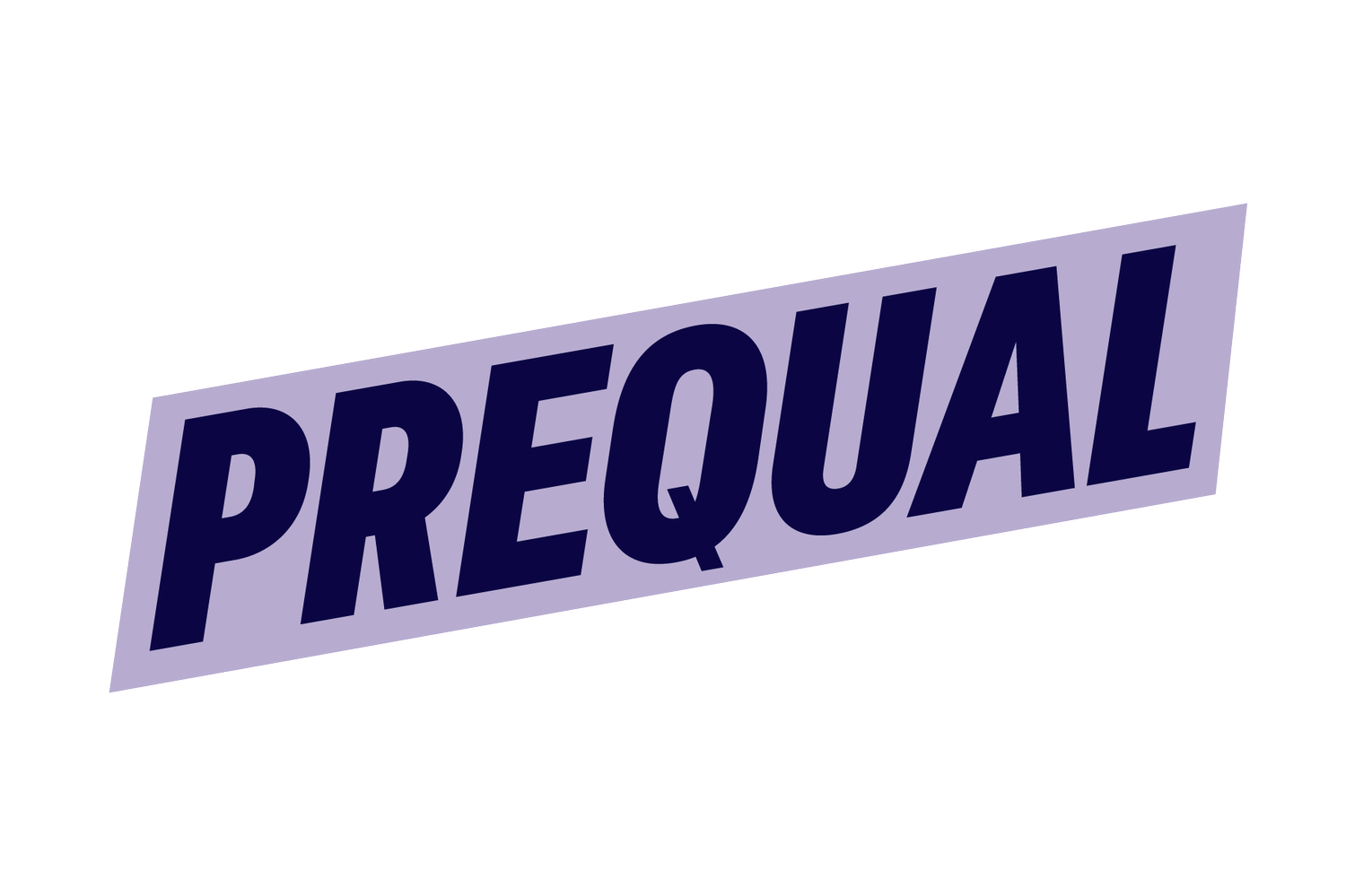How to Master The Art of Handling Objections as a Woman Entrepreneur
For many entrepreneurs, talking about money can feel uncomfortable or even intimidating. But what if those conversations could be empowering instead of stressful? Mastering the art of handling objections and talking about your pricing helps you grow your business and shifts the way you value your work.
In this post, we’ll dive into:
Strategies for building confidence around money.
Communicating the value you bring.
Handling objections with ease.
Whether you’re a woman entrepreneur who struggles with imposter syndrome or just want to refine your approach, you’ll walk away with actionable tips to make your next pricing conversation a success.
Pricing Strategy #1: Recognize imposter syndrome & shift your money mindset.
A lot of hesitation around pricing comes from a mindset that doesn’t fully recognize your value. It’s easy to feel like you’re asking for too much or that your services aren’t worth the price you set. This is particularly common for women entrepreneurs, who often wrestle with imposter syndrome—the feeling that they don’t deserve success or are somehow "faking it" despite their expertise.
Imposter syndrome can be a major roadblock, especially when it comes to pricing. It makes you question your worth and causes you to undervalue your skills and offerings. You might feel like your work isn’t “big enough” to charge what you know it’s worth or worry that clients will see you as too expensive. This self-doubt can prevent you from confidently having the money conversations that are critical to your business growth. Right now, it’s important to remember:
Businesses don’t make purchases. Individuals do.
When a client is deciding whether to work with you, they are making a personal decision based on their trust in you, the value they believe you’ll bring to the table, and how confident you appear in your offering. If you doubt your value, they will sense that hesitation, which could influence their decision. But when you communicate your worth clearly and confidently, you make it easier for them to say "yes."
Recognizing your value starts with overcoming the internal barriers that hold you back. Understand that imposter syndrome doesn’t reflect your true abilities or potential—it’s a mindset to be shifted, not a fact. The first step in shifting that mindset is believing you deserve compensation for the value you bring. Once you own that belief, pricing becomes less about setting a number and more about aligning your price with the incredible results you deliver to your clients.
TAKE ACTION:
Create a "value inventory"—a list of the unique benefits you provide to your clients. This exercise helps you build a strong case for why your pricing makes sense. To further define your value proposition, grab our free resource: Crafting Your Elevator Pitch. This exercise helps you communicate your value clearly and succinctly, both in written materials and in conversation.
Pricing Strategy #2: Communicate value—not just price.
When you’re having a pricing conversation, don’t just list numbers—focus on the value your services bring. Price is just one factor in the decision-making process, but clients' real question is, "What will this do for me?" Framing your offerings around outcomes and solutions instead of just selling a service will help clients see the return on their investment.
TAKE ACTION:
Practice explaining your pricing in terms of return on investment (ROI). For example, instead of saying, “This costs $3,000,” explain, “For $3,000, this solution will save you 10 hours a week, equating to $X in time savings and productivity.” This makes the pricing discussion more about the value and less about the cost.
Related: Understand Your Buyer’s Mindset With These 3 Essential Questions
Pricing Strategy #3: Prepare yourself for handling objections.
Objections are a natural part of any sales conversation—they’re often just a sign that the client needs more information or reassurance. A "no" isn’t necessarily the end of the conversation. It’s an opportunity to dive deeper and address concerns. How you respond to rejection can be just as important as how you present your offering in the first place.
TAKE ACTION:
Write down the most common objections you hear and prepare thoughtful responses. Prequal’s How to Respond to a Sales Rejection script is a fantastic—and free—resource for preparing for these moments, providing real language you can use to address objections without feeling defensive.
Example Objection:
Client: "Your price is higher than expected."
Response: “I understand price is important. Let’s talk about the specific results you’ll see from working with me and how that justifies the investment.”
Related: Getting Comfortable Talking About Money
Pricing Strategy #4: Create clear pricing structures.
Transparency in your pricing builds trust and reduces confusion. Having a clear, tiered pricing structure allows clients to choose the option that best fits their needs while making it easier for you to explain your offerings.
Offer simple, transparent pricing models.
Consider creating packages or tiers that align with your clients' varying needs. By offering different pricing options, you give potential clients choices and make it easier for them to say "yes."
TAKE ACTION:
Review your current pricing to make sure it’s easy to understand and reflects your value. Refer to our free glossary, Pricing Strategies and Arrangements Defined, to help evaluate different pricing models to ensure your offerings are priced effectively.
Pricing Strategy # 5: Practice and refine your approach.
Like any skill, the more you practice your pricing conversations, the more confident you’ll become. Rehearse how you talk about your value, pricing, and response to objections. The more prepared you are, the more natural these conversations will feel.
TAKE ACTION:
Role-play pricing scenarios with a friend or mentor, and seek feedback from women with experience in sales and pricing discussions. This will help you spot any areas that need improvement and boost your confidence for real client interactions.
Money talk doesn’t have to feel daunting.
With consistent practice and a positive mindset, you’ll soon approach pricing conversations and handling objections easily and confidently. Shift your perspective, stay grounded in your value, and watch how these conversations positively impact your business.
Ready to keep sharpening your pricing skills? Subscribe to the Prequal Newsletter for fresh insights, practical tips, and resources to boost your confidence and elevate your business. SIGN UP HERE


